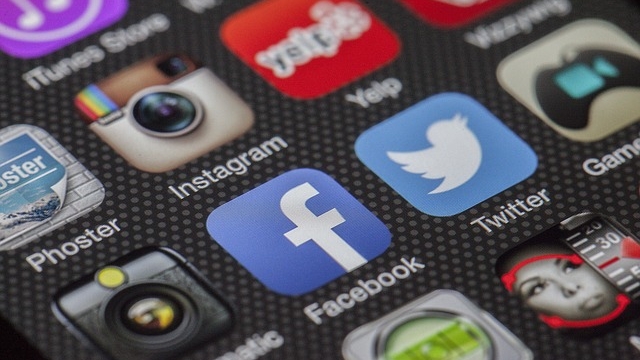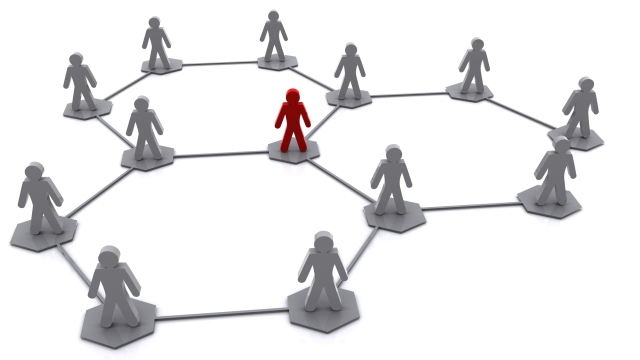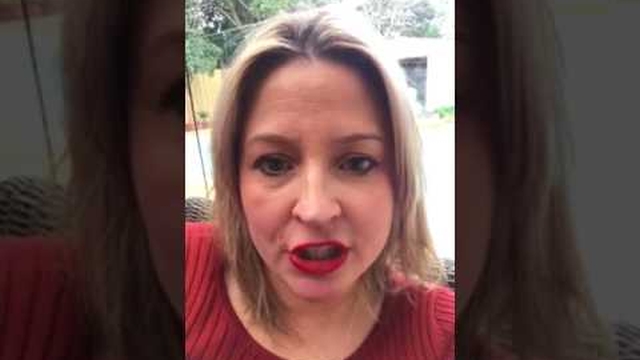
How we inadvertently worsen online echo chambers
Originally posted on The Horizons Tracker.
The online world gives people the ability to curate not only who they interact with but the content they consume. This control has raised concerns about the echo chambers people fall into, where everything around them confirms what they already believe.
Research1 from Princeton University highlights how this can happen even unwittingly. The team built a model to illustrate complex contagions and how behaviors spread throughout groups. The model was tested using data from Twitter.
The model showed that when we’re less reactive to the news, our online environment is more politically mixed. The more we share and react to articles, however, the more likely we are to build up a polarized network. What’s more, once we’re in this bubble, we are much more likely to miss out on stories, even when they’re from our preferred outlets as we deliberately skip over news deemed unimportant.
“Our study shows that, even without social media algorithms, coverage from polarized news outlets is changing users’ social connections and pushing them unknowingly into so-called political ‘echo chambers,’ where they are surrounded by others who share their same political identity and beliefs,” the researchers say. “Whether a user chooses to react to or ignore certain news posts can help determine if their social network will become ideologically homogenous or remain more diverse.”
Information cascades
Central to the model was the notion of “information cascades”, which is where we mimic the behaviors of others, with this causing a significant shift in behaviors occurring. It’s akin to the way swarms of fish or birds behave in nature.
The researchers found that when we share viral news stories online, we can often conclude that the people we interact with online may be misrepresented news, even if it comes from their preferred outlets. This creates a breakdown in trust that prompts people to “unfollow” contacts, whether formally or informally, and thus deepening the polarization of their network.
The model was tested on Twitter, with around 1,000 followers tracked from each of Vox, US Today, CBS News, and the Washington Examiner. They analyzed the follower network of each user to track who was followed and unfollowed over a six-week period during the summer of 2020.
Contributing to polarization
The data shows that these actions often contribute to political polarization. For instance, the followers of US Today and CBS News tend to be more diverse ideologically speaking than those of Vox or the Washington Examiner. The followers of the latter nonetheless became even less diverse at a quicker pace than those of CBS News and US Today.
While these online interactions don’t fully account for the apparent polarization of politics, they have nonetheless significantly influenced our behaviors and relationships. The findings illustrate that it’s not necessary to have knowledge of political ideology for social networks to become politically segregated.
“It’s not hard to find evidence of polarized discourse on social media, but we know less about the mechanisms of how social media can drive people apart. Our contribution is to show that polarization of online social networks emerges naturally as people curate their feeds. Counterintuitively, this can occur even without knowing other users’ partisan identities,” the researchers say.
The researchers plan to investigate the issue further and explore how the consumption and sharing of misinformation can help to fuel political division as the initial study suggests that consumption of poor quality information can further isolate people from more mainstream sources.
“Though derived from a simple theoretical model of collective dynamics, our results demonstrate the power of a cross-disciplinary approach to the study of political polarization. We hope that they may inspire future examinations into social network-specific algorithms and patterns as potential contributors to societal polarization,” the authors conclude.
Article source: How We Inadvertently Worsen Online Echo Chambers.
Header image source: Thomas Ulrich on Pixabay, Public Domain.
Reference:
- Tokita, C. K., Guess, A. M., & Tarnita, C. E. (2021). Polarized information ecosystems can reorganize social networks via information cascades. Proceedings of the National Academy of Sciences, 118(50). ↩





